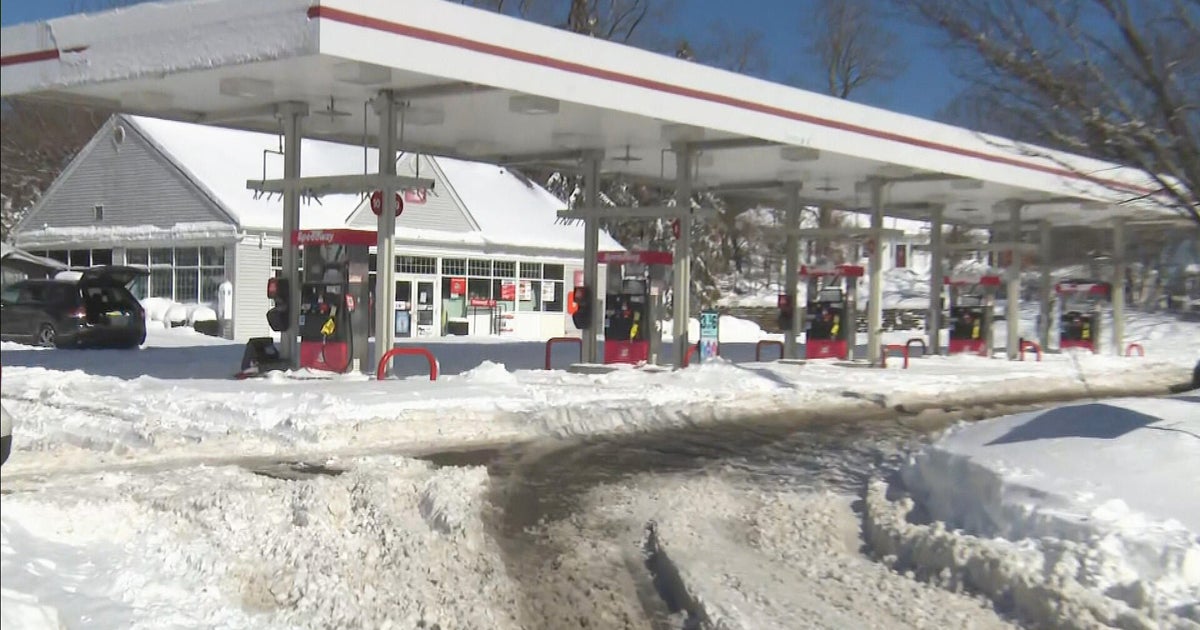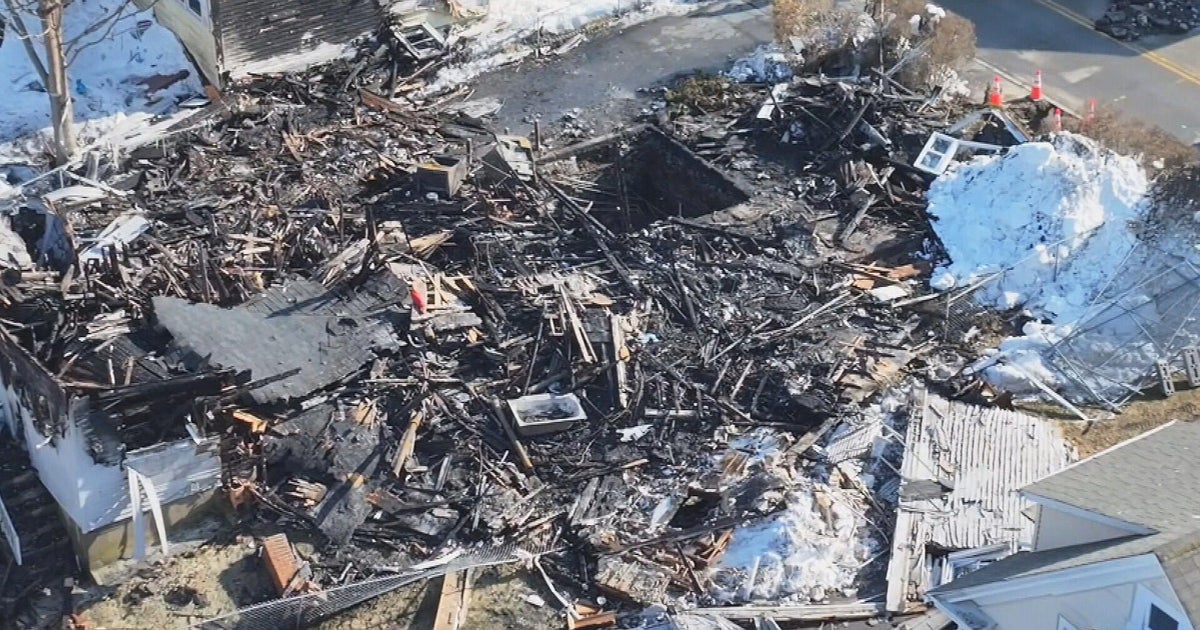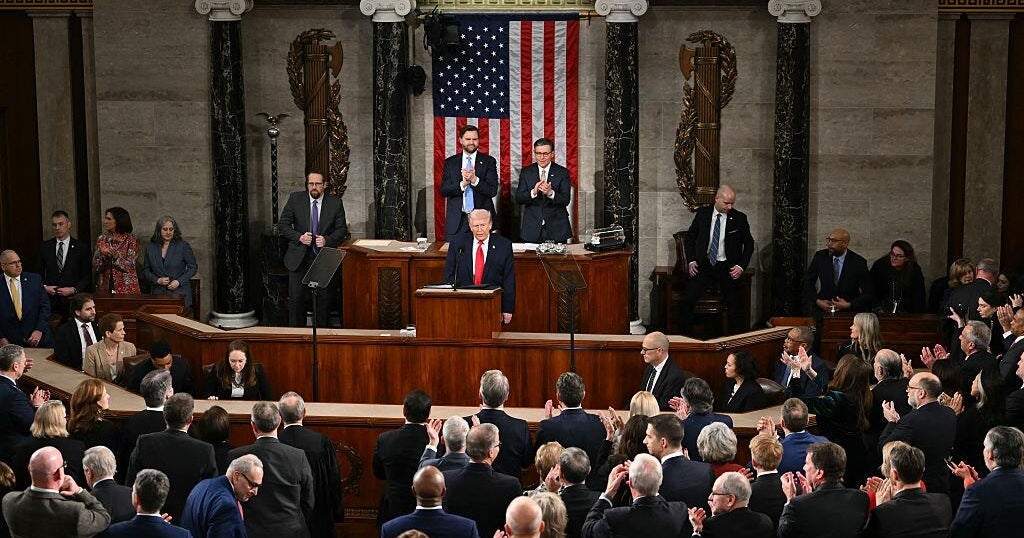Are Gas Prices Heading To $5 A Gallon?

In case you've spent the past 30 days engaging in holiday revelry without regard to current international events, we've got some bad news for you. Things in the Middle East, while never good, have gone from bad to worse.
In retaliation for Iran's continued nuclear efforts, the U.S. and its allies have imposed ever tightening restrictions on the Islamic republic, which isn't sitting well with Iran's leaders.
The latest bit of legislation, signed by President Obama, will prohibit Iran from selling much of the oil it produces if political tensions don't ease over the next six months. In response, Iran has held naval exercises in the Strait of Hormuz, the narrow choke point in the Persian Gulf through which some 20 percent of the world's oil flows.
Marking what may be the ultimate act of defiance, Iran has also advised the U.S. Navy to stay out of the Persian Gulf, saying that, "Iran will not repeat its warning" to a U.S. carrier recently moved to the Sea of Oman. Worse, they've threatened to block the Strait of Hormuz if the proposed sanctions are ultimately enacted. The Navy, and most others close to the situation, see this as nothing more than saber-rattling on behalf of Iran.
Even the perception of a conflict is enough to have some industry analysts speculating about skyrocketing oil prices, with CBS Baltimore predicting $5.00 per gallon gas. More expensive fuel translates to more expensive food and consumer goods, and even has an impact on home values, hitting the United States just as a dim flame of economic recovery seems to be flickering in the distance.
Will it happen? We're not economists, so we can't tell you yes or no, and we're not diplomats, so we have no idea what's going on behind closed doors in Tehran and Washington. We're not conspiracy theorists, either, so we're not buying into speculation that this is nothing more than window dressing for an already-planned attacked on Iran.
While the governments of the U.S. and Iran may appear to be enemies, its certainly in both countries' best interests to find a peaceful resolution to the current crisis. The average Iranian is already feeling the pinch of current economic sanctions, and God knows the average American is feeling the pain of a weak economy.
If Iran does attempt to block the Strait of Hormuz, the New York Times reports that the U.S. has a plan to keep oil flowing through the passageway. Let's hope it doesn't come to this, since the likely (if potentially short term) result would indeed be more expensive gasoline.
Even if gas prices never reach $5 a gallon, any significant increase would be painful, both for the average American and for a sitting president during an election year.
___________
This article originally appeared on The Car Connection.







